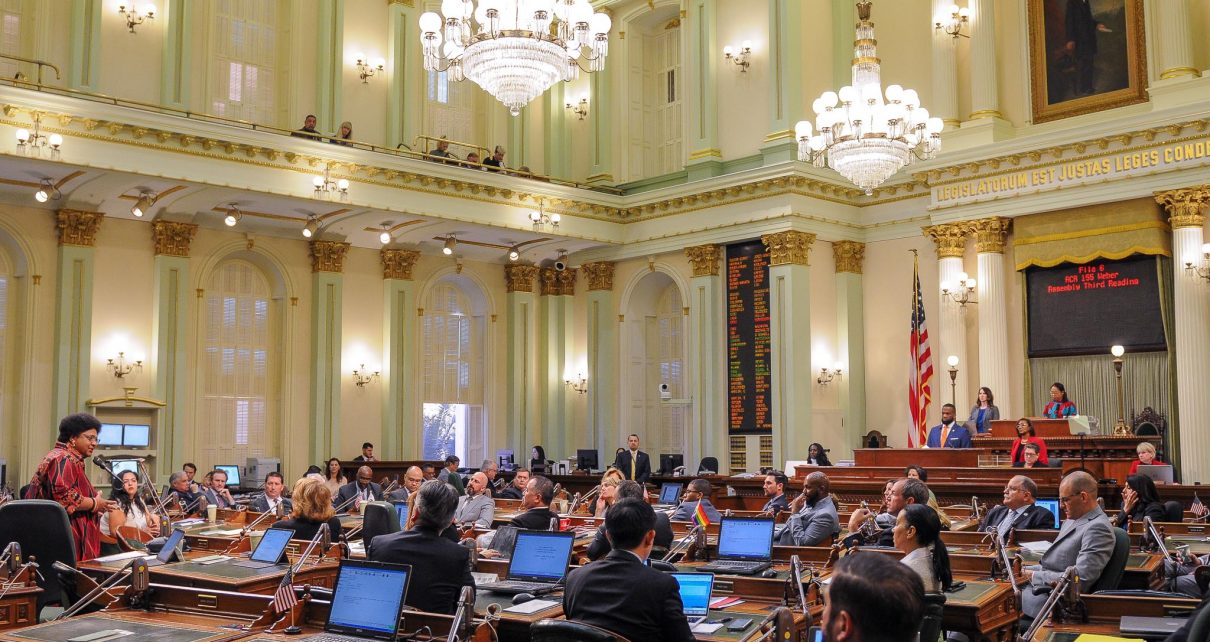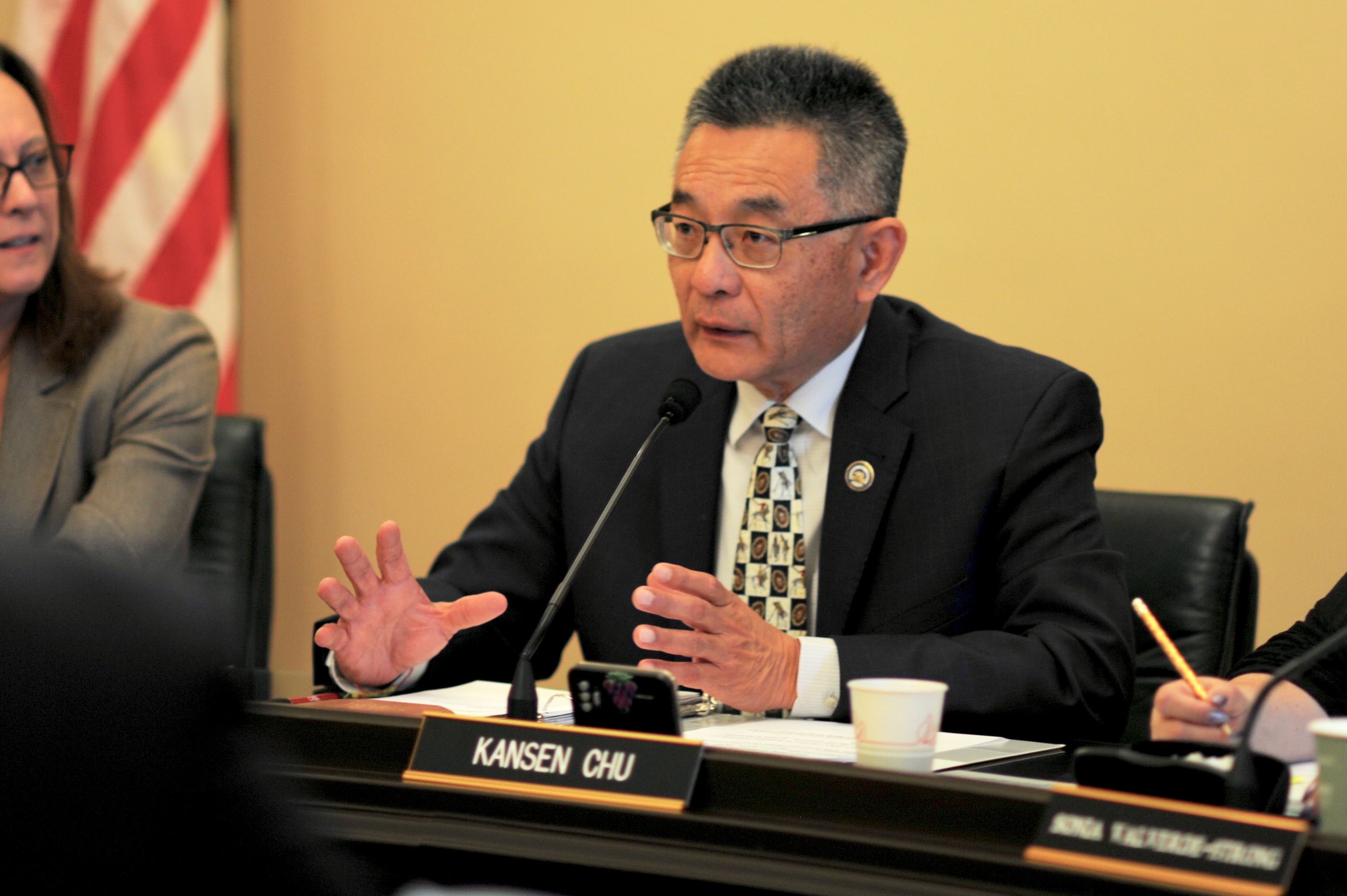
California State Assembly in Session. (Photo: Kevin Sanders for California Globe)
What Happens to the Technical, Nonsubstantive Changes Proposed in a Vetoed Bill?
Once the bill is vetoed, all proposed additions, amendments, or repeals do not take effect
By Chris Micheli, September 19, 2022 2:02 pm
In many bills that reach the Governor’s Desk, there are technical, nonsubstantive changes that are made to existing statutes that are already being amended by the particular bill. In other words, in addition to the substantive changes being proposed by a bill, the Office of Legislative Counsel makes technical, nonsubstantive changes to statutes that are affected by the bill’s substantive provisions.
For example, in this year’s AB 2189 dealing with foster youth, Legislative Counsel made a number of technical, nonsubstantive changes to reflect California’s change to gender-neutral bill drafting and updating of existing statutes. The following are two examples contained in AB 2189:
(c) A nonminor who has not yet attained 21 years of age and who exited foster care at or after the age of majority, may petition the court pursuant to subdivision (e) of Section 388 to resume dependency jurisdiction over himself themselves or herself or to assume transition jurisdiction over himself or herself themselves pursuant to Section 450.
(2) A nonminor dependent who remains under delinquency jurisdiction in order to complete his or her their rehabilitative goals and is under a foster care placement order is not required to complete the mutual agreement as described in subdivision (u) of Section 11400. His or her Their adult decisionmaking authority may be limited by and subject to the care, supervision, custody, conduct, and maintenance orders as described in Section 727.
AB 2189 was vetoed by Governor Newsom. While his reasons for doing so related only to the substantive provisions of the bill, even the technical, nonsubstantive changes to existing law, and any typos or grammatical changes, were not made either.
Once the bill is vetoed, all proposed additions, amendments, or repeals do not take effect, even if those amendments, for example, are merely technical changes to the law. So, these technical changes included in AB 2189 will have to wait another session to be enacted.
- Legislative Policy on Bay Area Pilotage - July 26, 2025
- Small Craft Harbors and Waterways in California - July 25, 2025
- Disability of Parties in Civil Actions - July 24, 2025








3 thoughts on “What Happens to the Technical, Nonsubstantive Changes Proposed in a Vetoed Bill?”